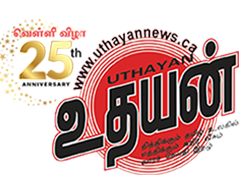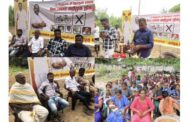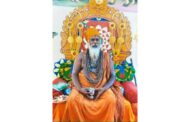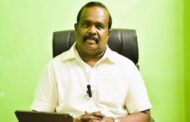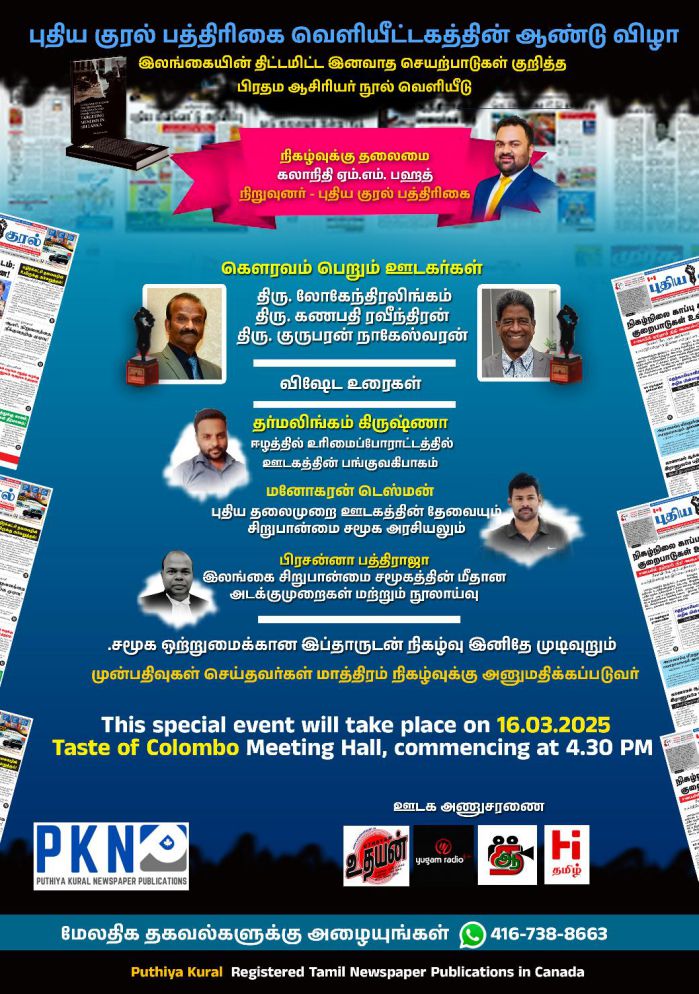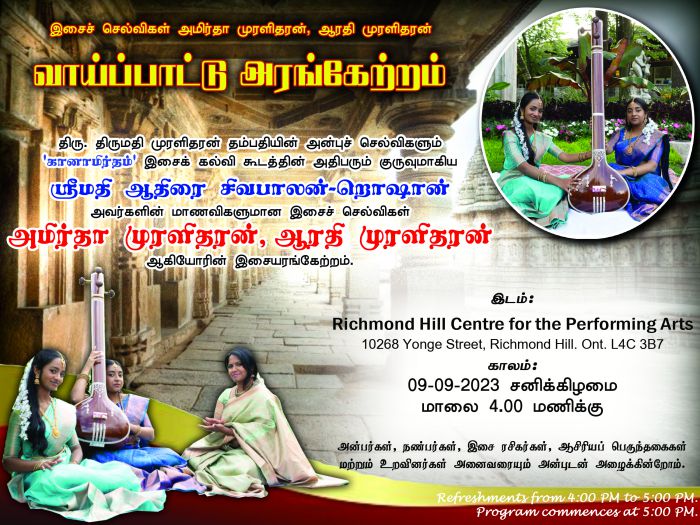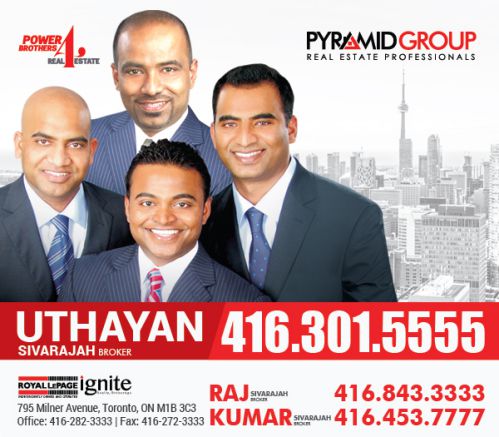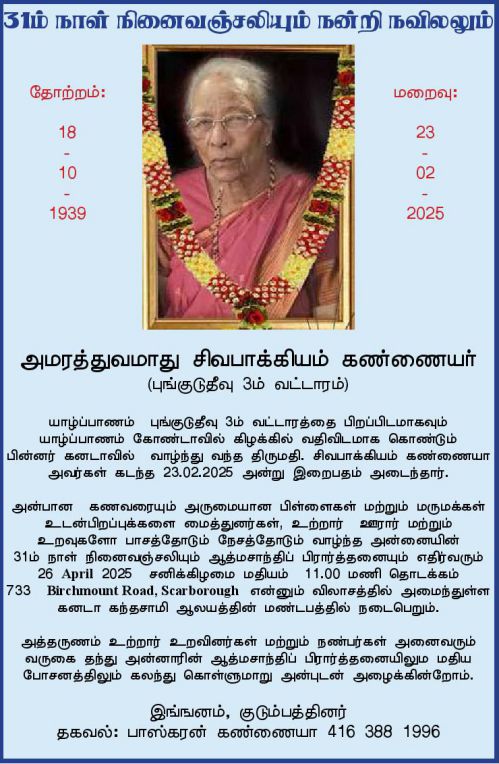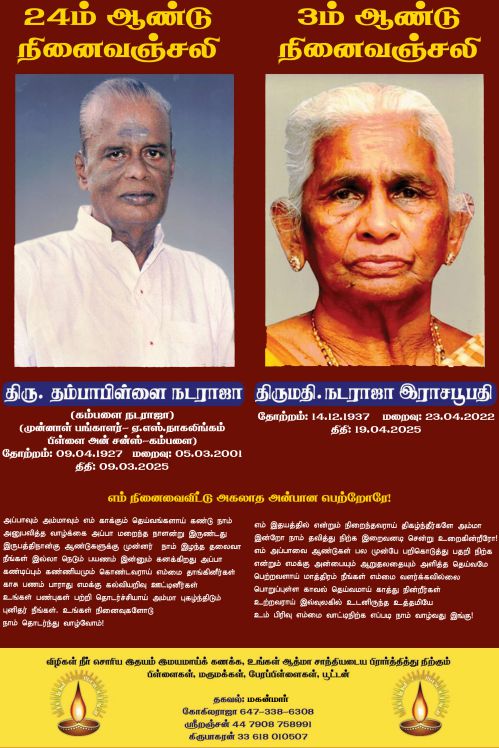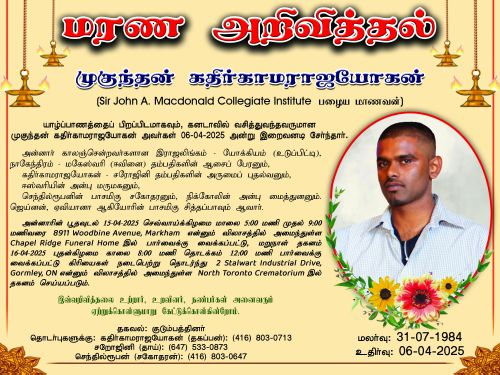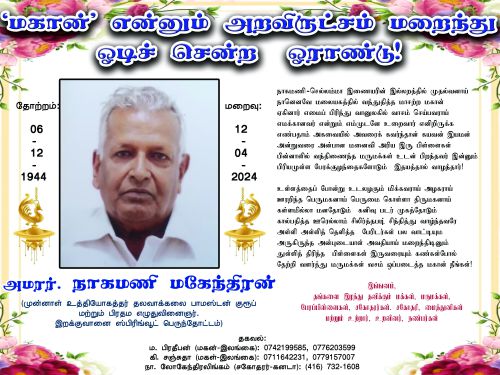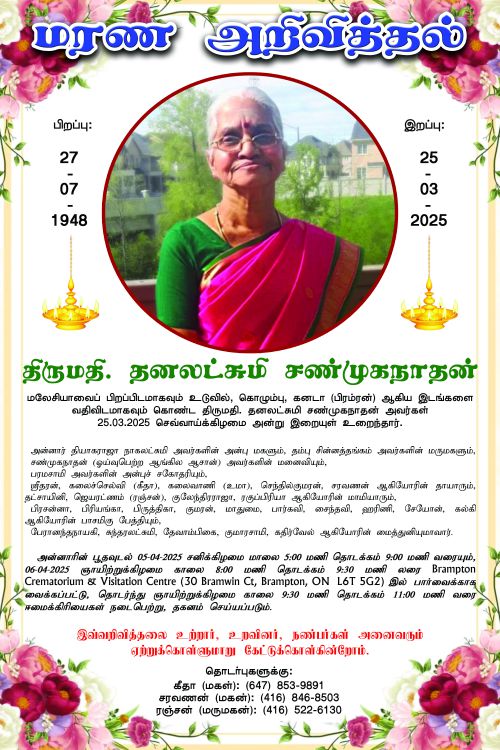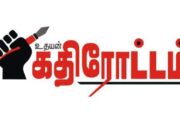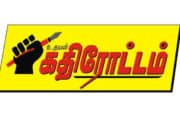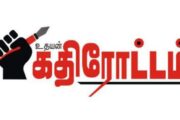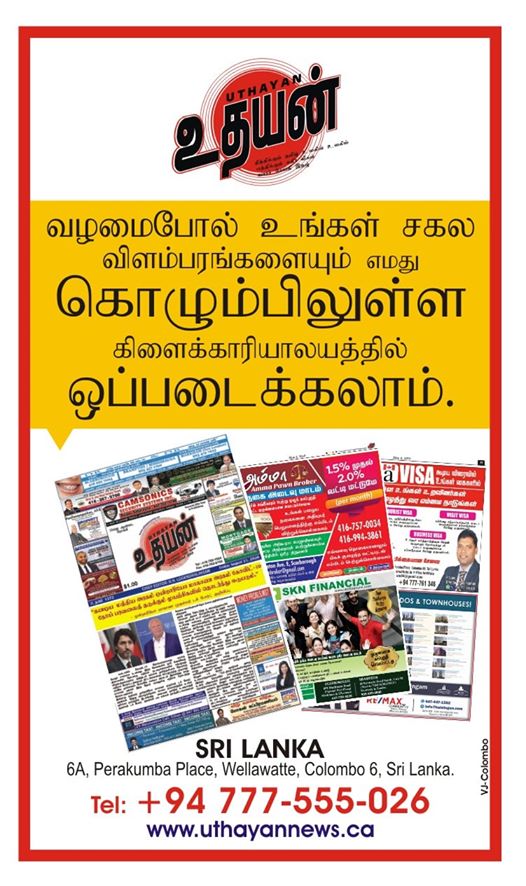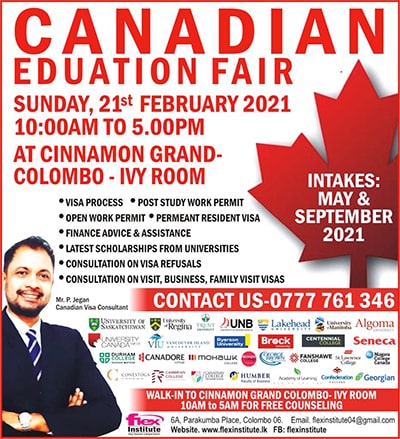Siva Parameswaran- Senior International Journalist London
As Sri Lanka continues to reel under severe socio-economic and political crisis, the new president Ranil Wickremasinghe’s government has started to brutally crackdown on dissidents including dragging individuals from an airplane and a bus in an inhumane way leaving hundreds of bystanders stunned and shocked beyond words.
The government’s unabated action against those who participated in the ‘Aragalaya’ protests – which resulted in forcing former President Gotabaya Rajapaksa to resign and flee the country – has come in for sharp criticism at home and abroad. Coupled with the parliament’s approval of extending the draconian emergency law, anti-government activists, while fearing for lives, have vowed to continue their protests.

Renewed repression
Ever since the crackdown began on midnight of 21 July, the day Ranil Wickremesinghe was sworn in as president, the rounding up of people continues. In the wee hours of 22 July, the security forces attacked journalists including two from the BBC and at least six other local media persons along with several protestors. Three journalists from ‘Xposure News were also attacked during the midnight operation to evict the protestors. Xposure News journalists Chaturanga Pradeep Kumara and Rasika Gunawardana were brutally beaten with a baton and dragged off and their phones, personal and press identity cards were seized by the police. After three hours, the phones were returned after deleting all the recordings and was then let off.
The first week of Wickremasinghe’s presidency has been tumultuous becoming synonymous with repression as he declared a public emergency the very next day in office and regularised it with the Rajapaksa-backed ruling party’s backing in parliament subsequently.
On July 25th, Colombo Magistrate‘s Court imposed travel bans on the General Secretary of Joint Health Workers Union TampitiyeSugathanandaThero, Catholic Priest Fr. AmilaJeewantha Peiris, National Organiser of Youth for Change Lahiru Weerasekara, General Secretary of Ceylon Teachers Union Joseph Stalin, National Organiser of Socialist Students Union Rangana LakmalDevapriya and National Organiser of Socialist Youth Union ErangaGunasekara.
On 26th July, a prominent activist involved in ‘Gota Go Gama’ protest campaign, Dhaniz Ali (31), a resident of Kurunegala in northwestern Sri Lanka, was pulled off a Dubai bound plane and arrested. He was later produced before Colombo Fort Magistrate and remanded until August 15.
Student abducted
In a resemblance of grabbling Ali from the plane, Anthony WerangaPushpika De Silva, an IUSF activist was dragged down from a bus by plainclothes men and whisked away in a jeep which had the number plate GC 0342, on 27 July. When contacted by Sri Lanka Human Rights Commission, the Colombo Crime Division confirmed that the student activist is in their custody who was later remanded until August 9, after being produced before Kaduwela Magistrate.
On July 28th, Colombo Fort Magistrate issued arrest warrants ordering the arrest of TampitiyeSugathanandaThero and Lahiru Weerasekara, who still remain in hiding.
On the same day, IsmatMaulavi (44), a Muslim resident of the small town of Beruwala on Sri Lanka’s south-west coast was arrested in Maligawatta by Colombo Crime Division for taking part in a protest in front of police headquarters.
Fr. AmilaJeewantha Peiris, the Parish Priest and Administrator of the Risen Lord Church in Doloswala, which falls under Ratnapura Diocese in south-central Sri Lanka has been under threat of arrest for taking part in 100 day long protest campaign that occupied Galle Face Promenade in Colombo.
Fearing imminent arrest, Fr. Jeewantha Peris has filed a fundamental rights petition with country’s Supreme Court on Tuesday (2), seeking an order preventing police and armed forces taking him into custody.
“I have been told that there is a travel ban against me and five others. There are police troops looking for me saying that I have to be arrested on sight” he told in a video statement sent exclusively to JDS.
“As a catholic priest, I had no option when I see people are suffering. My only option was to stand by them to find justice and peace for Sri Lanka”, he added.
More arrests followed during the week.

Rights groups raise concerns
Human rights watch dog Amnesty International has expressed their grave concern about the heightened repression, stating, “Amnesty International strongly condemns the pre-dawn attack by security forces on peaceful protestors at Galle Face. It is shameful that the new government resorted to such violent tactics within hours of coming to power.”
Meanwhile, condemning the attack by the security forces, the North East Coordinating Committee, a civil society body staged a protest on Friday (29) expressing their solidarity with the anti-government forces in the south.
While President Wickremesinghe had promised transparency, that’s exactly lacking in the stifling the protest operation.
The continuing crackdown has also unsettled western financial institutions who have raised concerns about prevailing political instability. While Wickremasinghe government has expressed its’ desperate desire for external support, international rating agency Fitch has warned about the political risks of funding the island nation.
“The government’s parliamentary position appears strong, but public support for the government is weaker” the rating agency has pointed out.
“President Wickremasinghe was prime minister in the previous administration under President Gotabaya Rajapaksa, who was brought down by protests. Parliament and the government also remain dominated by politicians closely affiliated with the Rajapaksa family. This may increase the risk of further destabilizing protests if economic conditions do not improve and/or reforms generate public opposition”, it further added.
‘The accidental President’ Wickremesinghe has initially been a vocal supporter of the ‘Gota Go Gama’ protests, which paved the way for him to reach the top executive post.
However, the continuing crackdown and brutality make the situation even harder for a President commented as ‘a one-man member of the party in parliament’ and who is fully dependent on the Rajapaksa and his party for running the country to convince the disgruntled masses that their democratic aspirations will be taken into genuine consideration.
© JDS
Note: This story by the author was first published by JDS and is republished with their permission
